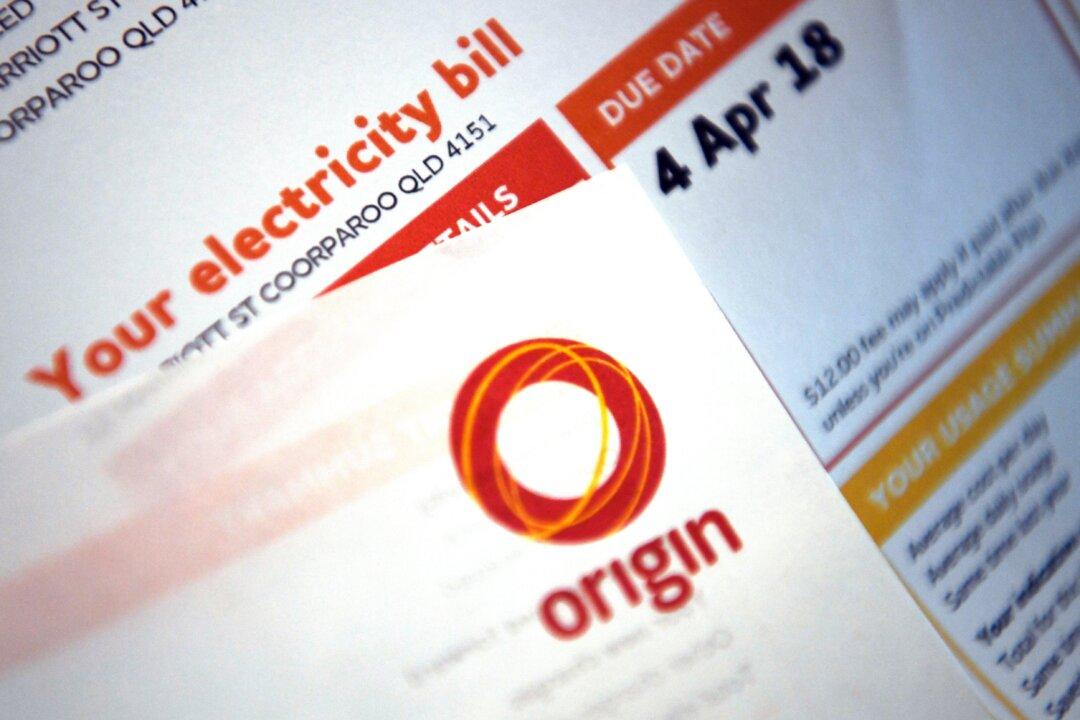“Apocalyptic” energy prices are testing the new Australian government with Prime Minister Anthony Albanese conceding there is little it can do to alleviate the burgeoning crisis which has hit amid a winter polar vortex.
Speaking to ABC Radio in Perth on June 3, Albanese blamed the current challenges of the local gas sector—which has raised wholesale prices dramatically—on global circumstances, and the former Coalition government.




